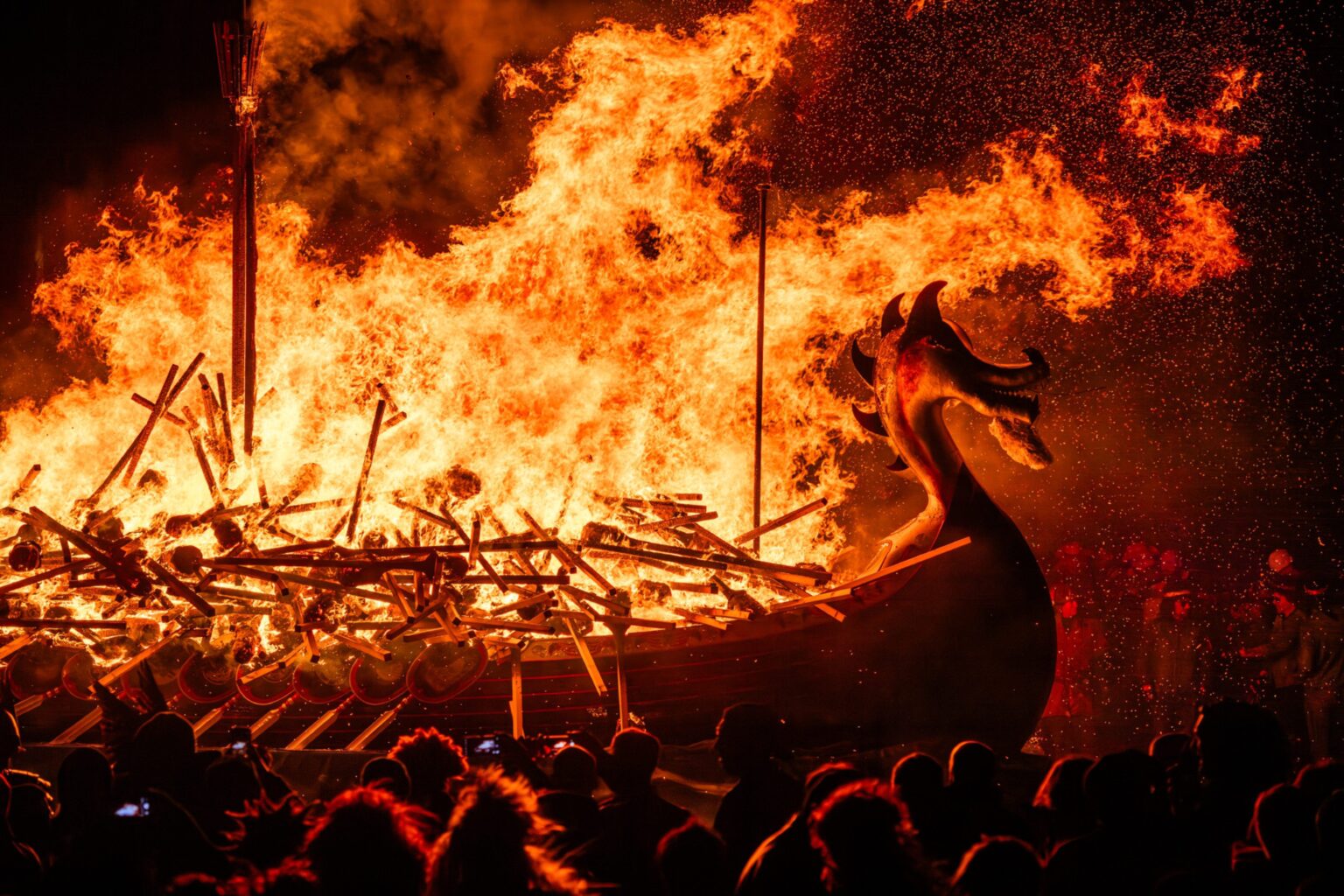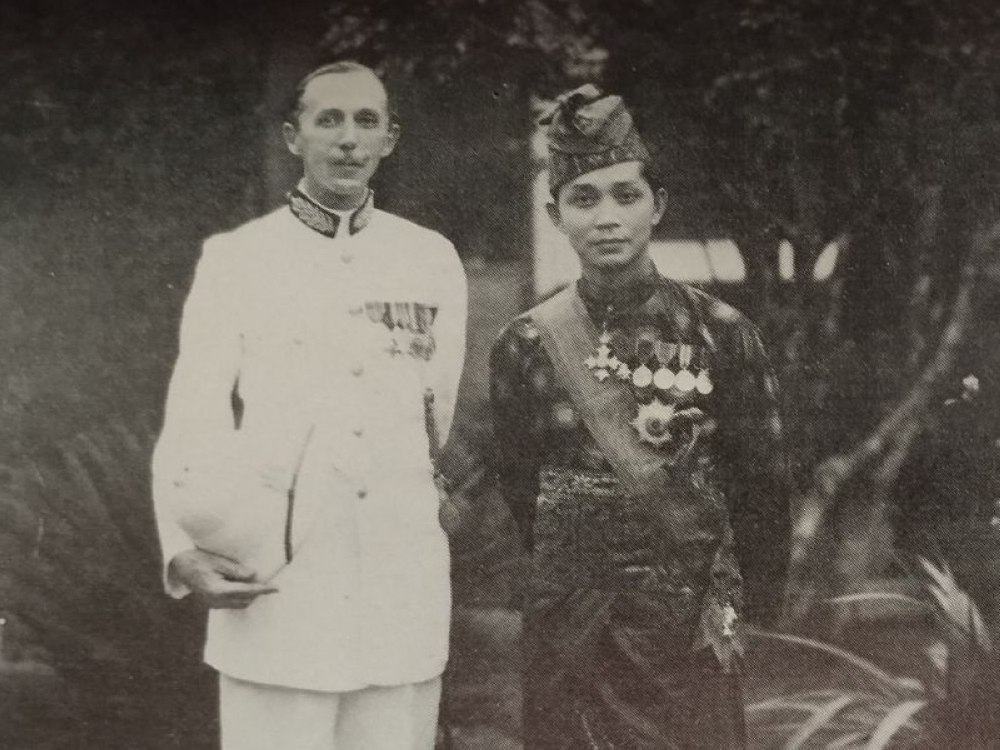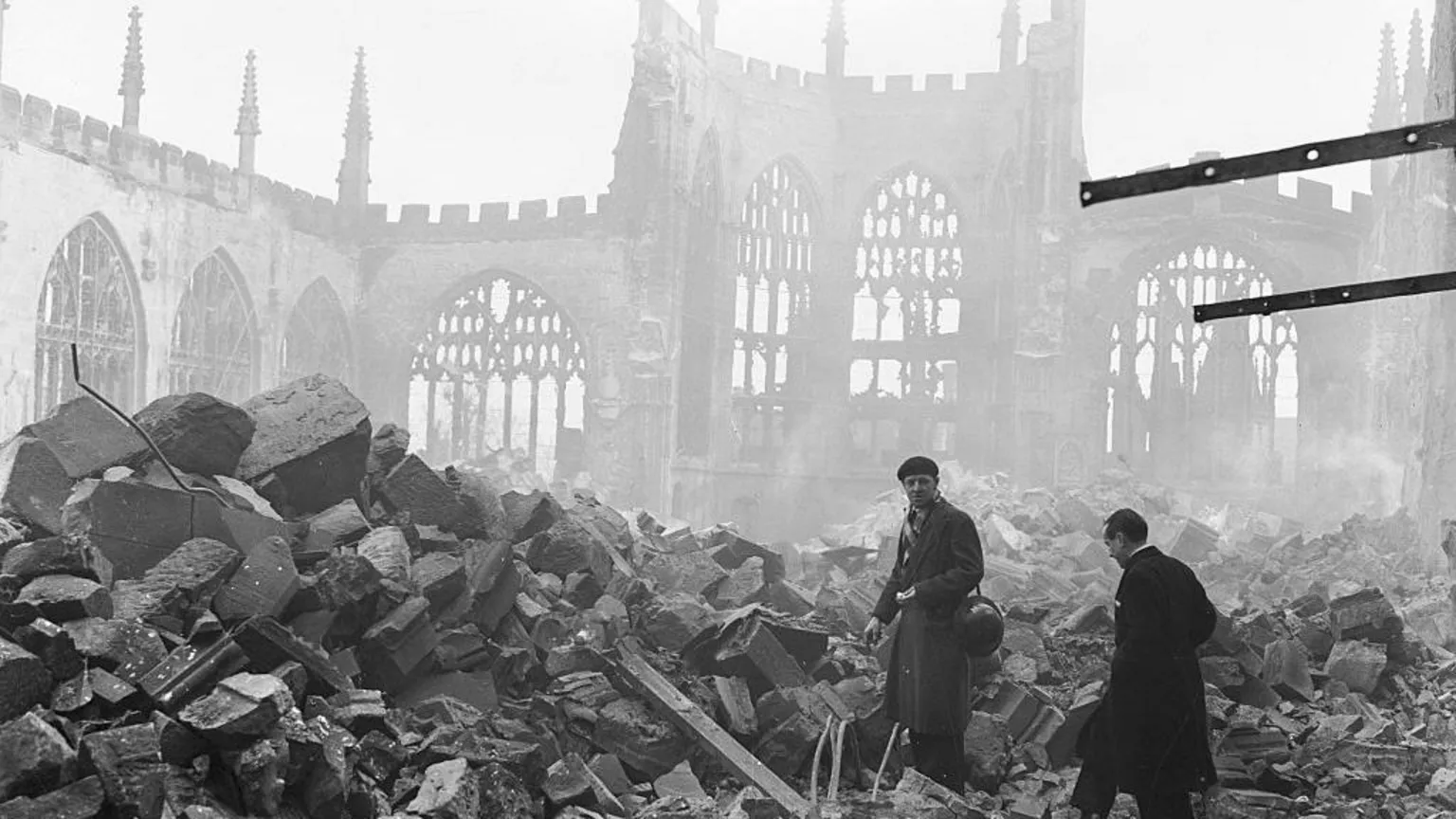Traditional crafts fighting for survival in Mosul

ERBIL, Kurdistan Region - Decades ago, the narrow historic alleys of Mosul’s Old City - once the vibrant heart of Iraq’s second-largest city - were alive with traditional craftsmanship. Today, those trades are not only dwindling, but fighting for survival in the face of modernization and technology.
Nuraddin Abbas, 50 years old, is the last coppersmith in Mosul’s Old City. He continues to craft traditional metal items such as teapots, kettles, hanging lamps and samovars by hand.
Despite his deep passion for the craft, it barely sustains him. “The profit I get is very little,” he told Rudaw, adding, “I am barely making ends meet, but I continue so this historic national profession does not disappear.”
Abbas's dedication to his craft is rooted in a strong sense of legacy as it has been passed down to him through generations. "I taught myself, and thank God, to this day I’m still holding on to it. I can’t imagine abandoning it,” he said.
Echoing Abbas’s sentiment is Riyadh Nimmattullah, a knife maker and blade grinder, who views the preservation of traditional crafts as a matter of cultural identity.
“To me, the profession is history, heritage, and identity,” he noted, lamenting that “people have unfortunately turned to trade and office jobs, leaving behind the professions of their fathers and grandfathers."
Meanwhile, longtime Mosul resident Salim Abid added that the output of traditional craftsmen has declined, as what was once a necessity "has become something people just admire as a relic of the past.”
The decline of traditional trades in Mosul’s Old City was notably accelerated in the past decade, particularly after the 2014 blitz offensive by the Islamic State (ISIS) which seized large swathes of territory in western and northern Iraq, including Mosul. The group even declared the city as the so-called capital of their proclaimed caliphate between Iraq and Syria.
The United Nations Educational, Scientific and Cultural Organization (UNESCO) in February 2015 voiced alarm over the “cultural cleansing” perpetrated by the group in Mosul.
The city was liberated in 2017 after a months-long battle that left much of the city, including the historic quarters, in ruins.
The devastation did not only destroy physical infrastructure in Mosul, it fractured the city’s social and cultural fabric that supported traditional professions.
Before ISIS, Mosul was known for its ethnic and religious diversity, including substantial populations of Sunni Arabs, Kurds, Assyrians, and Turkmens, alongside smaller communities of Christians, Shabak and Shiite Arabs. A national survey conducted in 2025 revealed a drop from 2.5 million residents before ISIS’s rise to just 1.9 million today.
[Source: Rûdaw English]

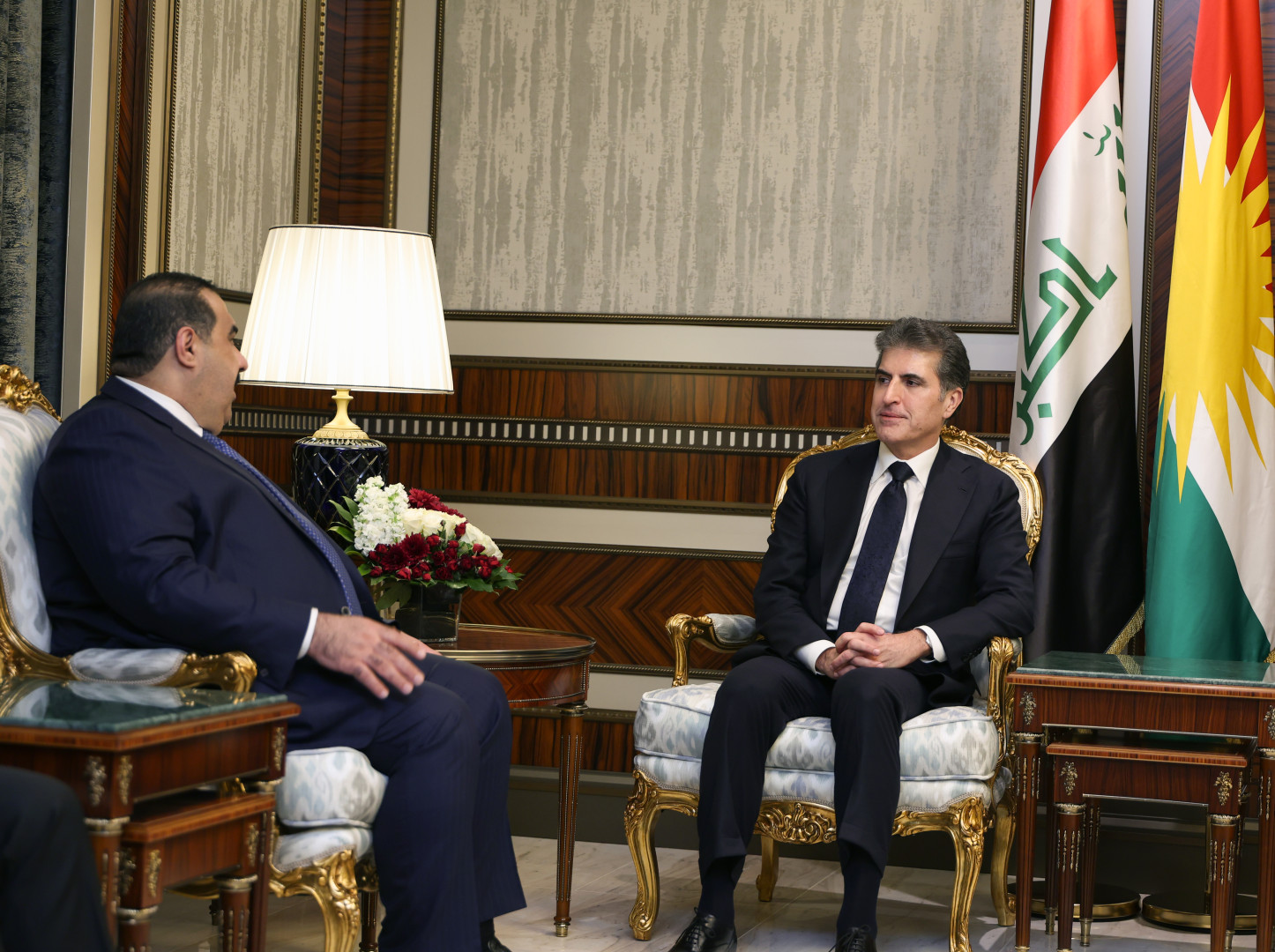

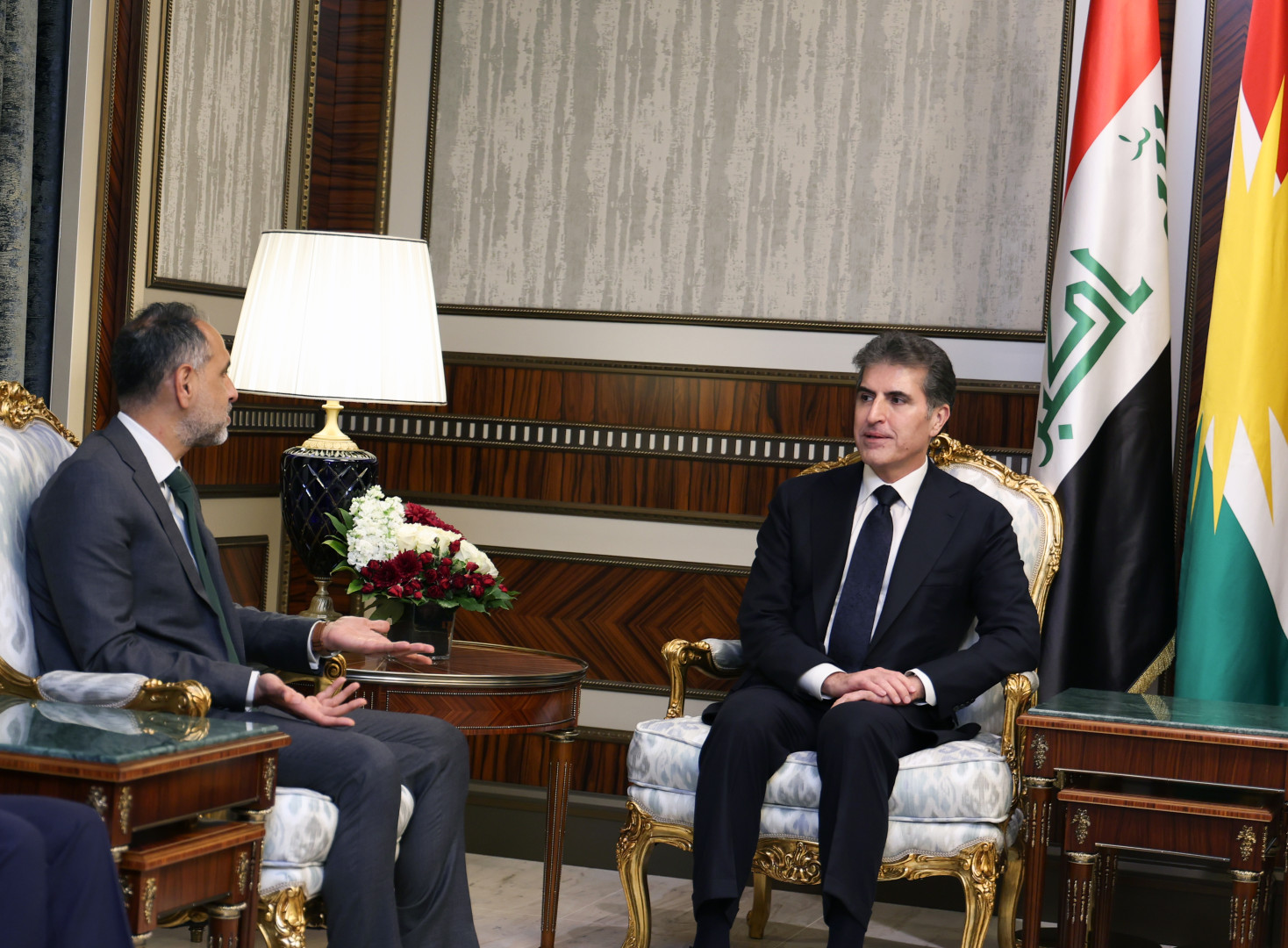



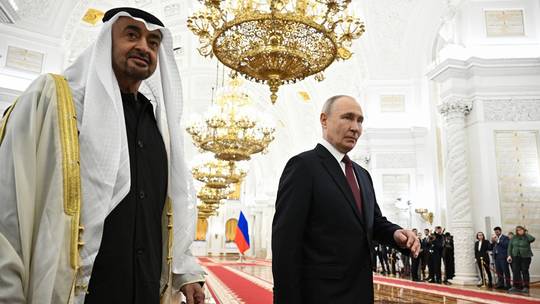
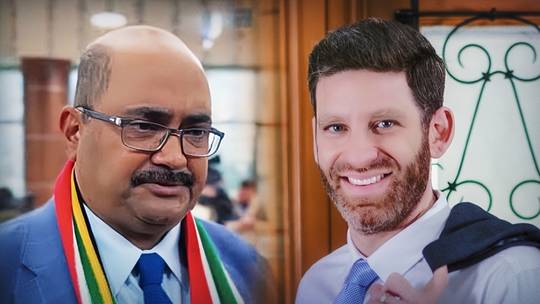



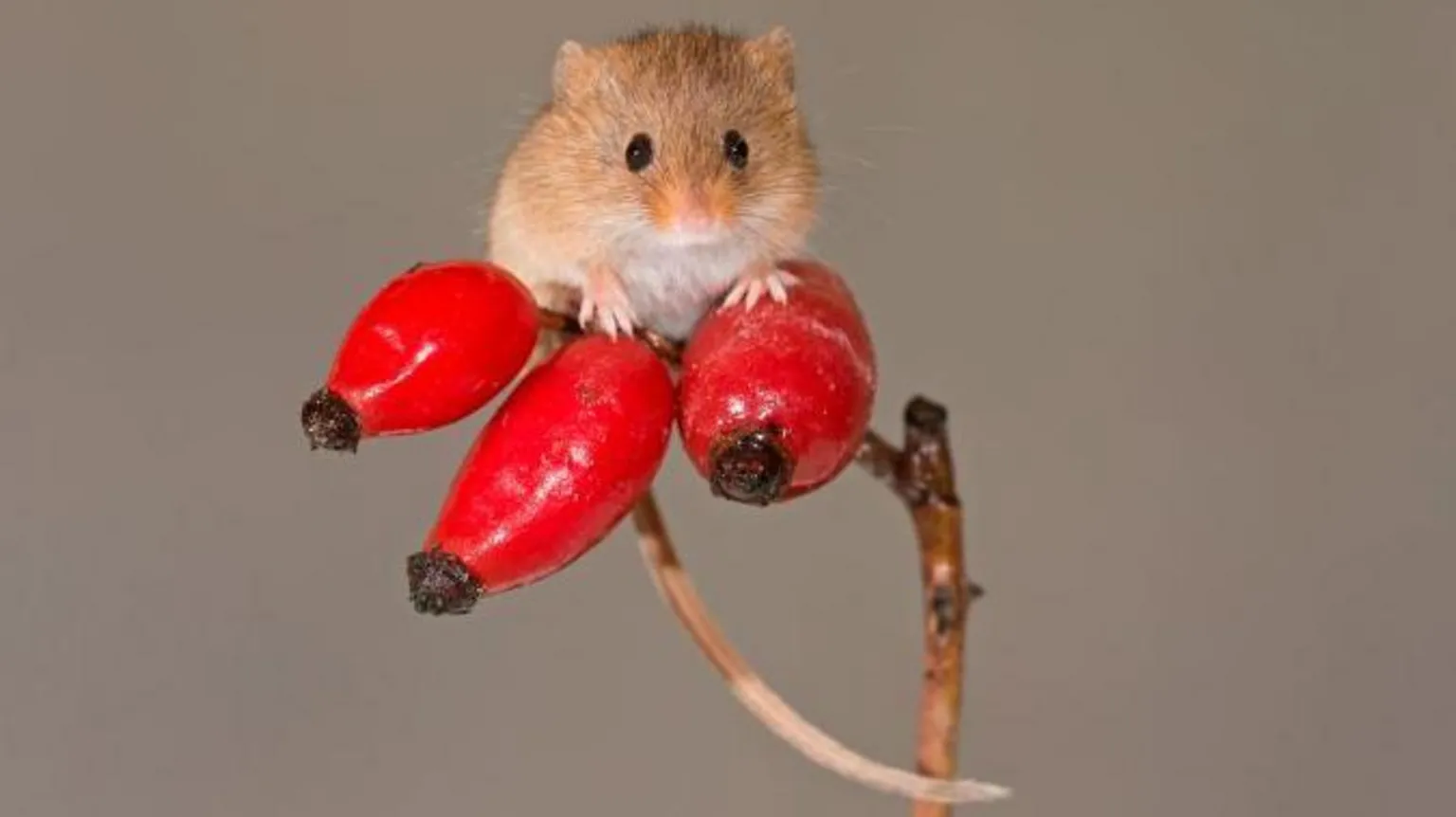





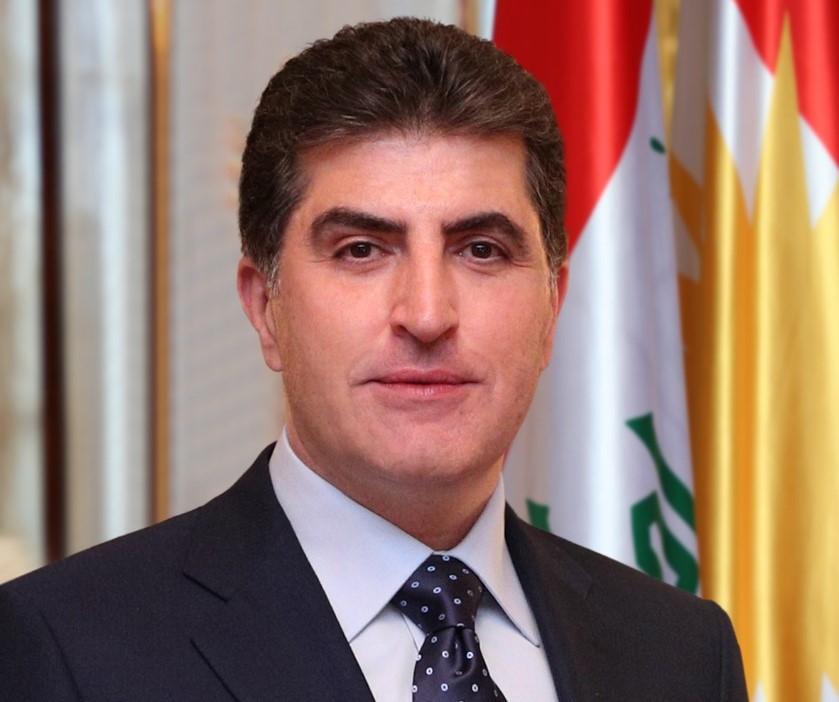




/file/attachments/orphans/IMG_9103_429753.jpeg)










